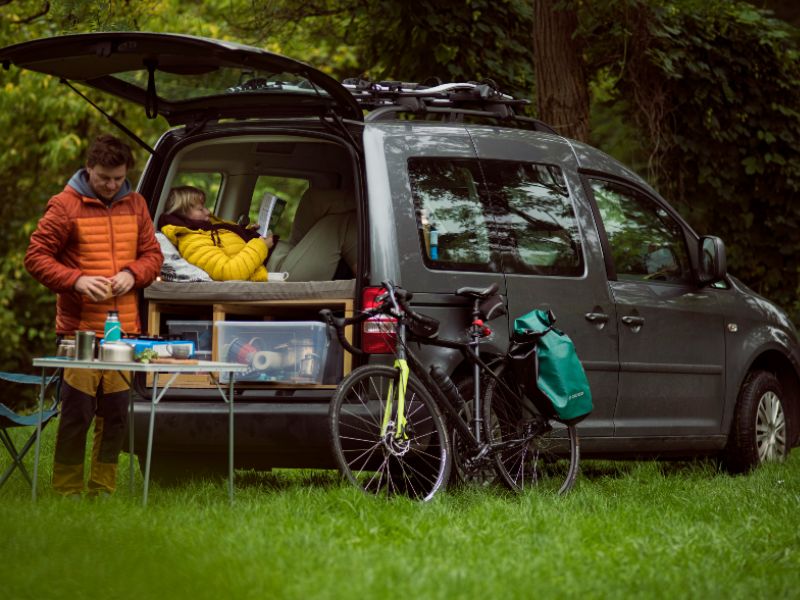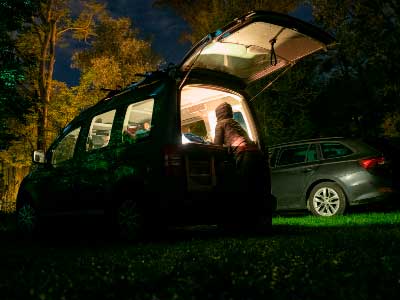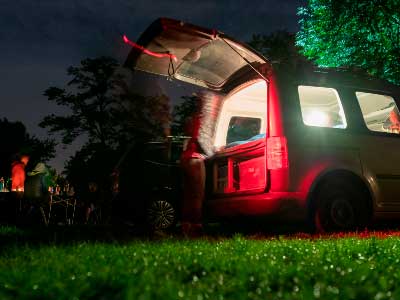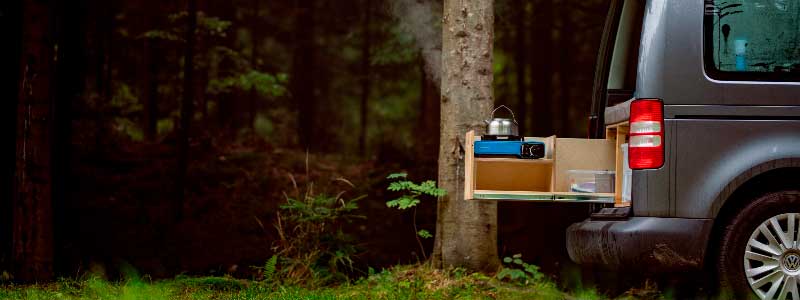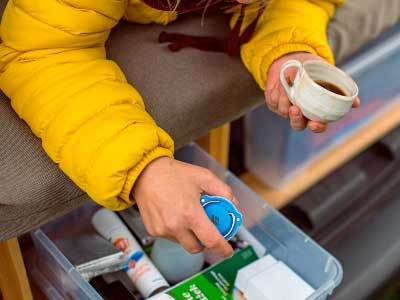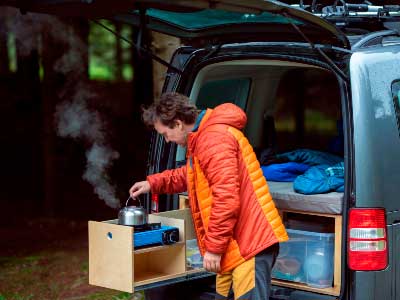How to Effectively Plan a Budget for a Road Trip
Estimating Travel Costs
The first step in budgeting is to estimate all potential expenses. Key costs include fuel, road tolls, parking fees, accommodations, and food and beverages. To calculate these expenses, check your vehicle’s average fuel consumption, current fuel prices, and the costs of accommodation and food in the areas you plan to visit.
Reserve for Unexpected Expenses
It’s always wise to set aside a financial reserve for unforeseen situations, such as vehicle breakdowns, sudden weather changes, or other unexpected events that may incur additional costs.
Saving on Travel Costs
There are several ways to reduce the cost of a road trip, such as choosing cheaper routes, using discount cards and loyalty programs, or traveling in a group to share expenses with fellow travelers.
Planning and Reservations
Making reservations in advance often allows you to take advantage of better prices, especially for accommodations. Using platforms offering discounts for campsites can further reduce costs.
Tracking Expenses
During your trip, it’s important to monitor expenses regularly. This can be done traditionally by noting all expenses in a notebook or by using financial apps that help keep track of your budget. This will make it easier to avoid unnecessary spending and stick to your financial plan.

